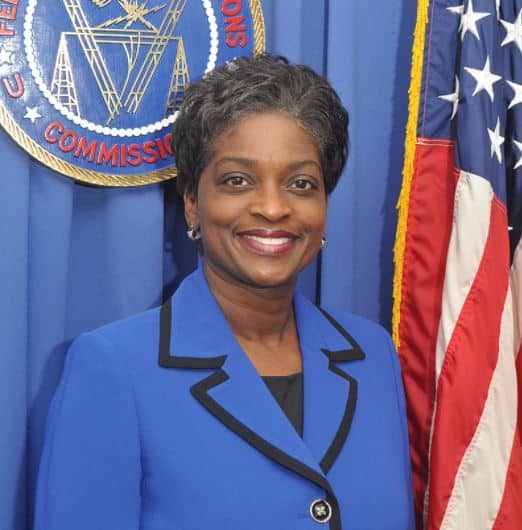NSCAI Urges Creation of US Digital Service Academy, Digital Reserve Corps

China wants to lead the world’s artificial intelligence by 2030 and Russian President Vladimir Putin has said whoever does become the AI leader “will rule the world,” according to Sen. Joni Ernst, R-Iowa, yesterday. And the US “cannot sit idly by as they are gaining ground in this area,” she urged.
“We lead them slightly, but we have to come together to support what the [National Security Council on Artificial Intelligence] has laid out for us,” Ernst said at a Brookings Institution event entitled, “A national strategy for AI.”
Tasked with providing the White House and Congress with recommendations for a national strategy to remain a global leader in AI, the NSCAI issued its final 756-page report in March. Yesterday, NSCAI officials emphasized the need for the government to create a Digital Service Academy and a National Reserve Digital Corps, emulating their military counterparts, and to bring the manufacturing of chips – known as semiconductors – to U.S. shores.
After talking with hundreds of government officials, NSCAI Commissioner Mignon Clyburn said the interviews unveiled two consistent messages: the government does not have sufficient digital talent, let alone bringing enough into “its ranks,” and leaders need to properly grasp AI’s true “potential” or “limitations, and what their organizations need to do to build AI capabilities.”
Despite the 2021 National Defense Authorization Act ramping up cybersecurity workforce efforts, Clyburn charged that “even with maximum use of Scholarships for Service programs and the extended hiring authorities, the government will still lack sufficient critical AI talent.”
The creation of the USDSA and a digital reserve corps “will immediately” address the digital talent shortage the country is facing, Clyburn charged, in the same way the government has created military service academies and national reserve corps to feed the military workforce pipeline needs. Creating the USDSA would “address the problem with scale” through a “dedicated talent pipeline” that would create “new technical, proficient civil servants” for the government workforce. The proposed National Reserve Digital Corps would also mirror that of the nation’s military reserves, she explained, allowing civilians to work as special government employees a minimum of 38 days a year. And the government needs this workforce if it plans to contend with the pace of its adversaries, particularly in light of the proliferation of sophisticated cyberattacks.
“AI stands to have the greatest contribution to the intelligence community,” said NSCAI Commissioner Gilman Louie. Since “intelligence is really the art of sense-making,” AI is able to facilitate this by extrapolating lots of data from multiple sources, making sense of it and communicating “actionable intelligence” to the intelligence community, he explained. Constant cyberthreats and attacks are happening at “machine speed,” he said and this technology “can really empower [intelligence officers] to be able to respond quickly” and prepare for the future.
Unfortunately, right now, the U.S. military and intelligence systems are “completely dependent” on these “microelectronics” which are built off-shore, Louie said, primarily in Taiwan and South Korea.
Despite having a two-generation lead in the hardware, with China “pulling out all the stops” in becoming a semiconductor leader, the U.S. needs to show the same commitment by investing, Louie added.
“We need to invest in America’s capability to produce the next generation of chips to stay ahead,” he urged, pointing out that “only 110 miles separates the factories at [Taiwan Semiconductor Manufacturing Company] from the batteries of China.”
“If [that linkage] gets cut off, it gets to the heart of not just our ability to have consumer electronics, but our ability to actually power up systems to protect the country,” he said.
























